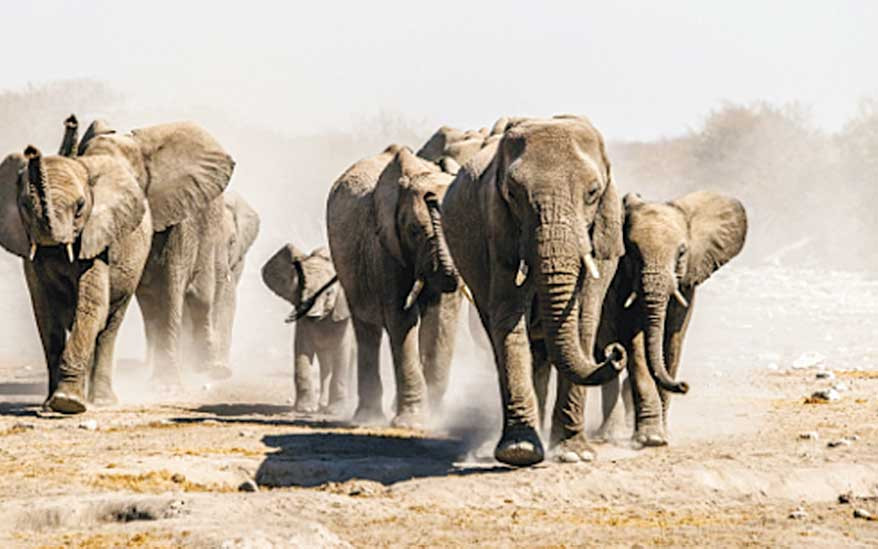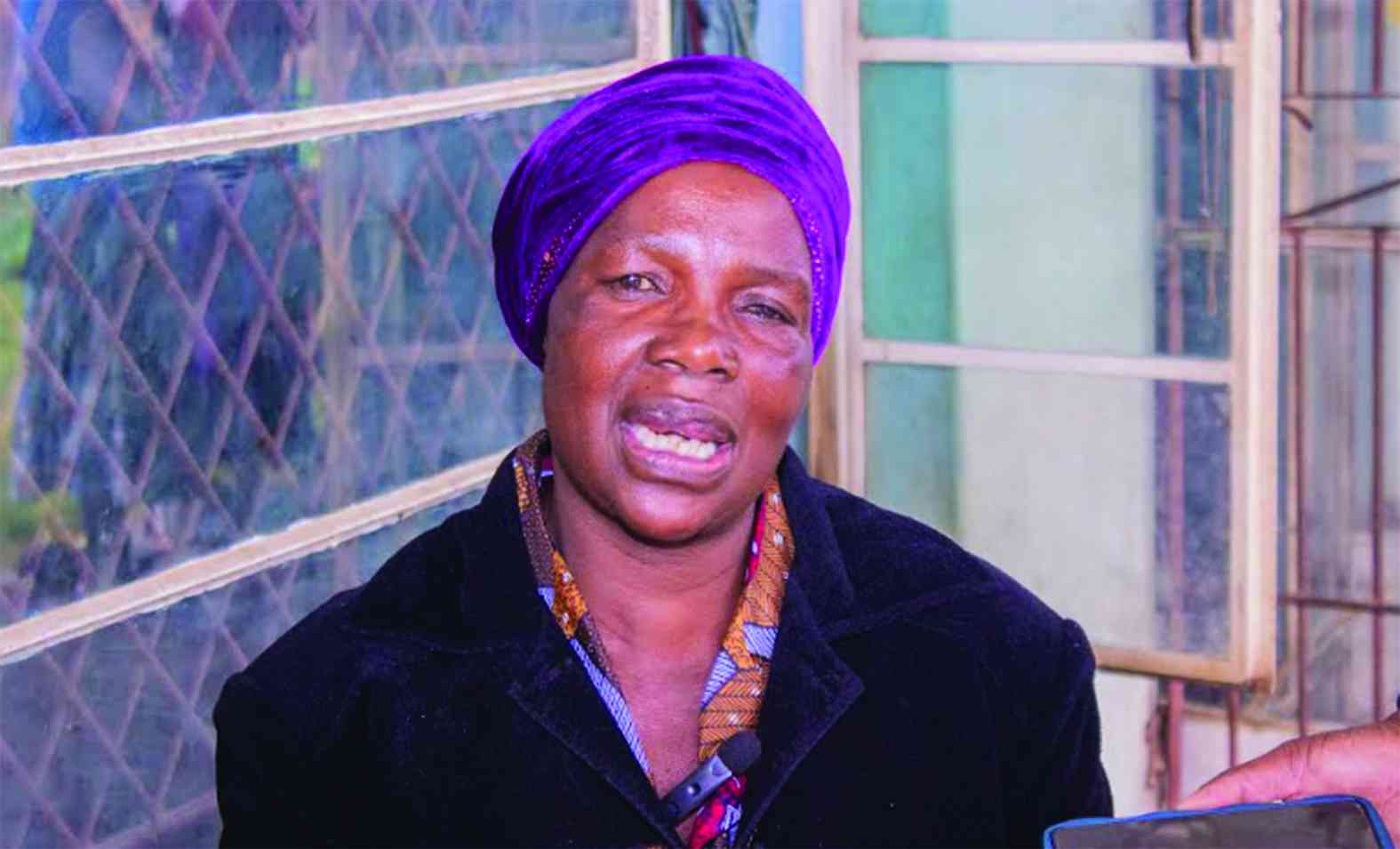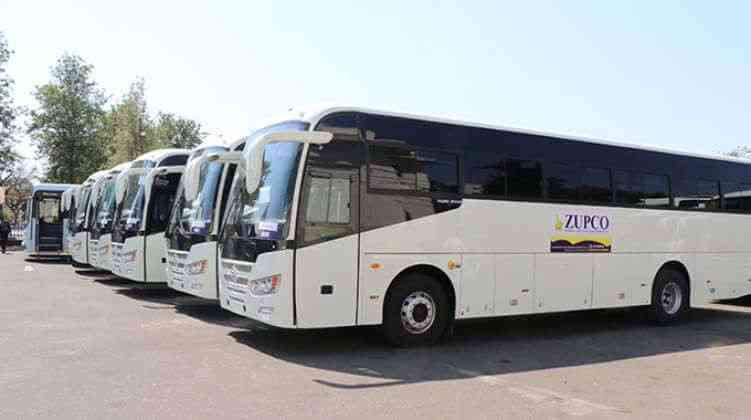
GOVERNMENT has implored communities in and around Kariba to coexist with wildlife to reduce human-wildlife conflicts in the area.
Elephants, lions, hyenas, crocodiles, buffaloes, jackals, baboons and wild dogs are the most problematic animals in Kariba, Hurungwe and Nyaminyami rural.
Villagers have lost dozens of livestock in Nyaminyami rural, while some have been injured or killed.
In some communities, villagers hardly harvest from their fields as wild animals destroy crops.
Environment, Climate and Wildlife deputy minister, John Paradza acknowledged that human-wildlife conflicts are disrupting livelihoods and claiming human lives.
“We continue to encourage co-existence, awareness and sensitisation meetings,” Paradza said at the annual community engagements on climate and wildlife in Kariba last week,
“This will also nurture the community to realise the importance of co-existence so that we have a sustainable conservation method.”
Kariba Urban Residents Association information and publicity officer, Samson Coffee urged the government to ensure victims of wildlife attacks are compensated.
- Deal ‘revitalises’ prime safari destination
- Villagers urge govt to speed up crafting of wildlife policy
- Human-wildlife conflicts rise in Hwange
- Hunting proceeds to compensate victims of human-wildlife conflicts
Keep Reading
“As residents we applaud the government for such community engagements, but we expect initiatives where victims of human-wildlife conflicts get assistance,” said Coffee.
The Zimbabwe Parks and Wildlife Management Authority has been struggling to compensate victims of wildlife attacks in the wake of increased human-wildlife conflicts despite government having approved a Human-Wildlife Conflict Relief Fund to compensate victims of human-wildlife conflict in 2022.
In 2021, 71 deaths and 50 injuries were recorded, compared to 60 deaths and 40 injuries in 2020.
In 2022, 68 people were killed by wild animals.
The country recorded 15 deaths and 43 injuries during the first quarter of 2023.
The increase in wildlife population, coupled with a ban on culling following the promulgation of the Convention on Trade in Endangered Species which imposed a global ban on ivory trade, have been blamed for rising incidents of human-wildlife conflicts.
Meanwhile, Africa has been urged to take charge of its conservation efforts if the continent is to develop its tourism sector.
African Wildlife Foundation (AWF) chief executive, Kabbu Sebunya said this at the graduation ceremony of 31 fellows from the 2023 AWF Charles R Wall Leadership Programme in Nairobi, Kenya on Tuesday.
Sebunya said there had been a paradigm shift in African conservation efforts with a notable emphasis on locally-led initiatives prioritising the involvement and empowerment of communities living alongside wildlife.
“Africa must take charge of its conservation efforts now, harnessing the potential of its youth to safeguard its natural heritage for generations to come,” Sebunya said.
“This graduation marks the culmination of the fellows' journeys.
“It provides AWF with an opportunity to reflect on the institution's strides in engaging youth in conservation and to look ahead to the challenges and opportunities that lie before us.”
Sebunya said the programme demonstrated AWF’s commitment to fostering African-led solutions and effective conservation leadership.
The Charles R Wall Leadership Community, encompassing both fellowships, aims to cultivate communities of skilled and connected young African professionals to drive meaningful transformation in conservation across the continent.











